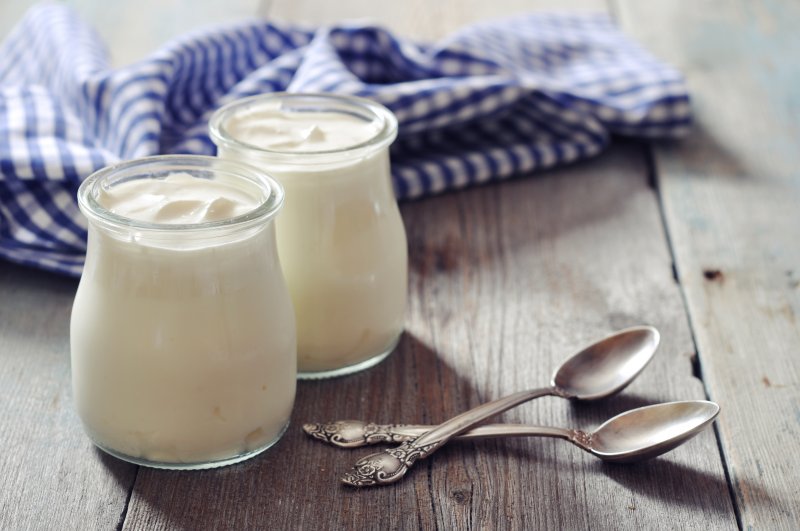
The temporomandibular joint (TMJ) connects the jaw to the skull and allows it to make all the motions necessary for speech and chewing. TMJ disorders happen when this joint is unbalanced or out of alignment, and it can result in a range of unpleasant symptoms such as headaches, backaches, and neck pain as well as difficulty eating. While a qualified dentist can treat these issues, it’s still important to get adequate nutrition in the meantime. Here’s a brief guide to a few excellent foods for people with TMJ disorders as well as a few items to avoid.
Great Foods for TMJ Patients
Luckily, there is a wealth of foods that can be great for people who suffer from TMJ problems. These include:
Fruits and veggies
Fruits and vegetables are great for your digestion and rich in many vitamins, minerals, and other nutrients the human body needs to stay healthy. Feel free to enjoy soft fruits such as applesauce, bananas, fruits canned in juice, ripe melons, and soft pears. If you’re looking for veggies that are easy to chew, try cooking carrots, squash, peas, and asparagus.
Protein
Proteins are the building blocks of the body. Stick to soft items such as eggs, chicken, fish, legumes, and tofu.
Carbohydrates
Grains and starches provide you with the energy you need to function. Luckily, there is no shortage of soft fare in this food category, so enjoy couscous, muffins, mashed potatoes, pasta, polenta, and oatmeal.
Dairy
Since milk, cheese, yogurt, and ice cream don’t take a lot of pressure to chew, the dairy group is generally safe for people with TMJ disorders. However, take care not to consume too much sugar.
Which Foods Can Exacerbate My TMJ Pain?
Chewy and crunchy foods that take a lot of effort to chew can make the discomfort of TMJ disorder worse. A few items to stay away from include:
- Beef jerky
- Steak
- Gummies
- Bagels
- Caramels
- Sticky candies
- Corn nuts
- Whole apples
- Raw veggies like carrots and celery
While TMJ pain can be quite a pain in the neck as well as the back and head, there are things you can do to reduce your symptoms and live more comfortably. Consulting with your dentist can help you find the best foods to eat with TMJ disorder as well as effective ways to treat the problem.
About the Author
Dr. Bernard L. Greenbaum earned his dental degree from Georgetown University School of Dentistry and has completed extensive continuing education coursework. He is proud to be a diplomate of the American Board of Dental Sleep Medicine and regularly teaches other dentists and physicians about treating sleep apnea. His office in Bethesda offers sleep apnea treatments as well as oral appliance therapy for TMJ disorders. If you are concerned about jaw pain, contact him online or dial (301) 530-3600.
